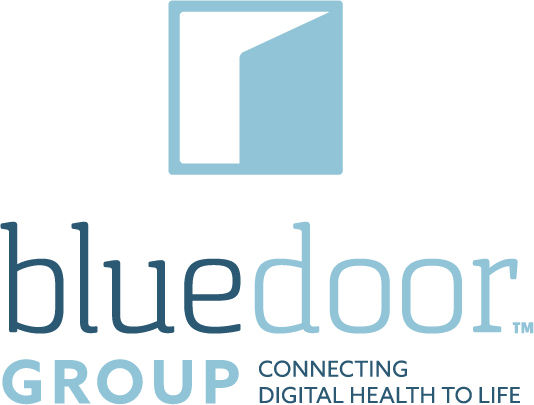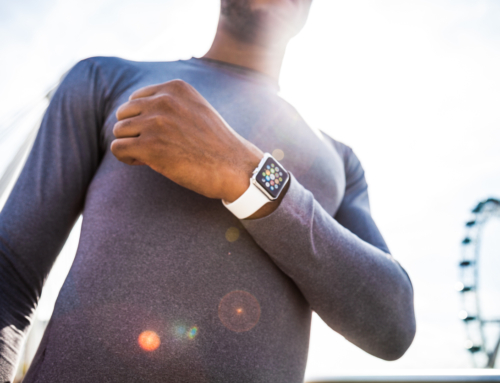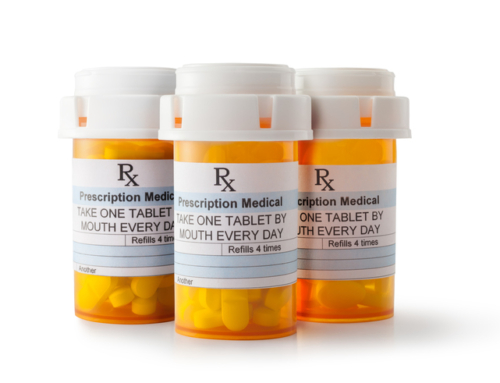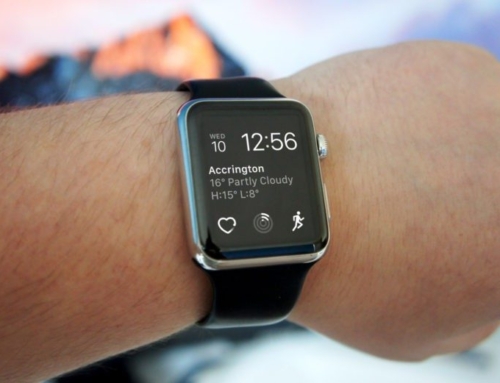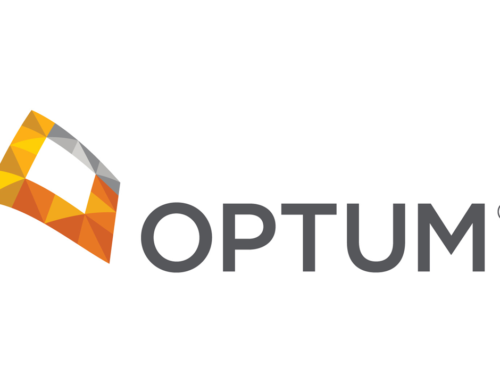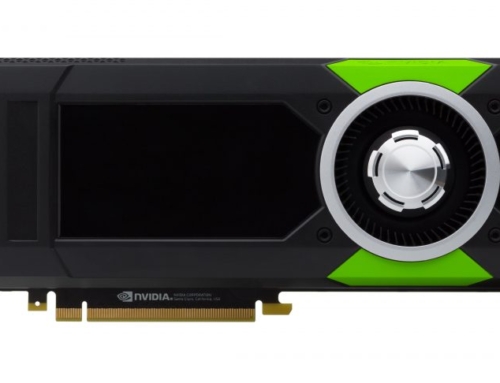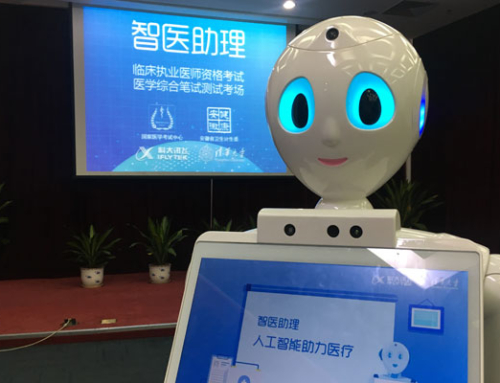By Jennifer Henderson | Sept. 27, 2017
Analytics 4 Life – a medical device company that is based in Toronto but houses its U.S. headquarters in Research Triangle Park – has raised $25 million in a Series B financing.
The company is focused on using artificial intelligence to develop solutions for improving health care. Its first device, CorVista, scans signals that the human body naturally emits in order to identify coronary artery disease, a leading cause of death in the U.S.
President and CEO Don Crawford says the latest financing will be used to fund remaining clinical work before the end of the year, a U.S. Food and Drug Administration submission for its device and introduction of the device to the U.S. market, expected as early as next year. To date, Analytics 4 Life has raised about $35 million, including about $7 million last year. Crawford previously founded and led another Triangle-based medical device company, Sapheon, until its $238 million acquisition by Covidien in 2014.
Analytics 4 Life was founded back in 2012 by Chief Scientific Officer Sunny Gupta. Crawford joined Analytics 4 Life in 2015, shortly after his Sapheon exit.
While a number of investors in Sapheon have now also invested in Analytics 4 Life, according to Crawford, upward of 50 percent are new investors. The company’s investors include those from the medical device field and physicians as well as family offices based in the U.S., China and Europe.
Analytics 4 Life currently has 25 full-time employees, Crawford says, with about half based in the Triangle and the remainder in Toronto. While Toronto is a hub for artificial intelligence, he says, the company’s executive and clinical management teams are based locally. The company also works with a contract manufacturer in Wake Forest, he says.
“The majority of the headcount increase [going forward] will happen in the Research Triangle,” Crawford says, in areas like sales and marketing as well as customer service and management as the company prepares for the launch of its first device. The potential diagnostics market in the U.S. tops $5 billion, and the company will be looking to Europe and Asia down the line as well.
